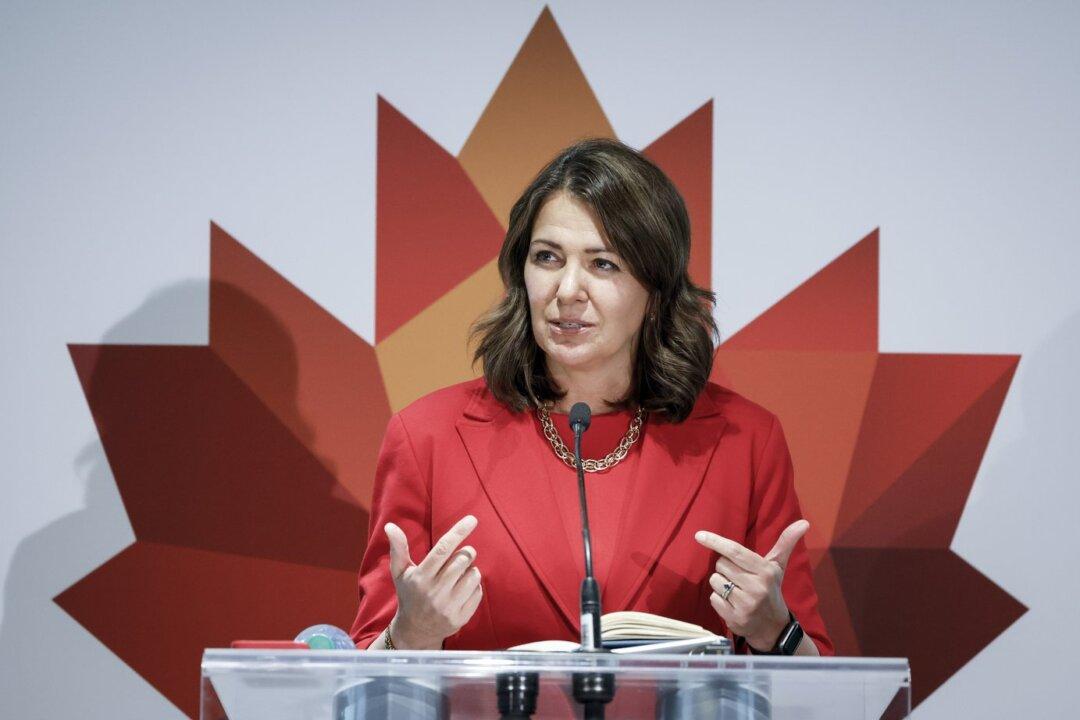Alberta will introduce parental rights legislation this week that attempts to balance the rights of parents with supporting the needs of children, Premier Danielle Smith said during a weekend radio appearance.
Ms. Smith, in responding to a caller’s question during the “Your Province. Your Premier” Jan. 27 radio show, said parental rights would be addressed in the upcoming bill, although she did not get into specifics about which issues would be addressed by the legislation.





